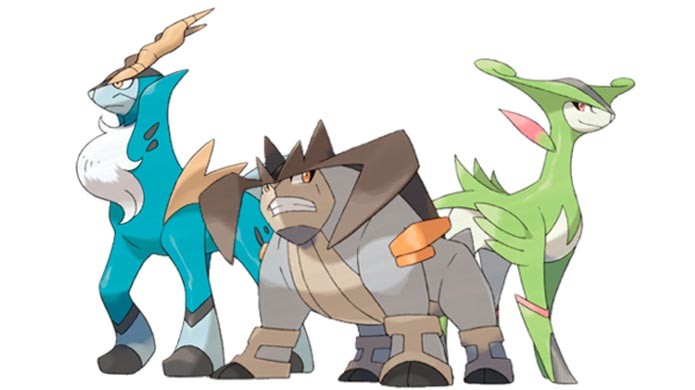
And I sort like I think in my first year I struggled but I started sharing more. But I’m more afraid of having to go back and get a job. It was like, people are like, aren’t you worried about income? That’s all my default path friends would say. Like I couldn’t communicate what I was going through. Eventually, I just got so fed up and I left. I didn’t have the imagination because I didn’t see people around me and say, oh, there’s somebody like me doing something different. But basically, it took me forever to leave the default path because I had no people around me taking unconventional or different paths. And you need to work through your fear and money relationship. Though people don’t believe that in their bones. I think this is probably way more important than making money. I think it’s impossible to do without finding the others. You said it’s complicated to do it without people. How did you find the others? Did you look for them? Or did they just come to you? So how do you find the others? How did you do this? Like you definitely you made the choice at some point to quit and get into this nomadic lifestyle that you had at some point in your life. And if you take a path that is less like this, going at it alone becomes complicated, right? It’s not as easy as follow the career ladder that somebody else is laid out for you. You know where you need to go because you have these goals already set for you. And in the default route, everything is kind of predetermined and people tell you where to go. And there’s the pathless path that people take because they have chosen not to go with the default route. There’s something that you wrote in the book that I really enjoyed, it’s like find the others as one of the kind of the tenants of going on that path, right? Generally, you present the idea as the default path that everybody is supposed to take. And now that I see this in a cohesive unit as the book, it feels like yes, this is exactly what I’ve been doing. Now I have the vocabulary to actually express it, right? Because I’ve been trying to fight narratives that other people try to instill in me for most of my adult life. But after I read the book and was presented with the word, now I have a phrase for it. Honestly, before I read the book, I thought, I’m living my life in a way that is not conventional. It definitely sounds like the community that we are in, the indie hacker or the creator economy, whatever you want to call it, is more susceptible to the concept. I need to get it out there into the world. Other people are telling me the same thing. And it’s just like, wow, I feel like I have this secret knowledge. And it’s still pretty, not, I mean, it’s still not a widely held view of the world. And that’s sort of what I discovered throughout my journey. And sort of my accidental stumbling into, oh, there’s a different mode of life you can exist in, in which you actually like your work that will make everything else seem silly and nudge you to want to build your whole life around that. And I think it’s my own sense making of what is life look like not centered around work. Other people, it’s like, oh, man, maybe this is you.

For other people, it’s sort of a nice hug from a friend on an uncertain journey without much support. I think for some people, it is permission to bet on themselves. And at this point, it’s sort of released into the world and I let people tell me what it means to them. So the pathless path is a phrase and my book is sort of taken on a life of its own. So please tell me, enlighten me and the listeners, what is the pathless path? And it’s likely one that my audience of founders and creators who are listening and people who are generally are just ready to go on their own journey, are ready to learn about. I think it’s a great metaphor, like the whole book and every concept in it. And it has been a wonderful mind expanding read for me. I’ve been reading your book, The Pathless Path. Maybe other things, you will find out in this conversation with Paul Millerd. But forging your own journey through your life using entrepreneurship, maybe.
PATHLESS PAIN HOW TO
We are talking about all things, choosing your own path today, how to not go for the default option that everybody else wants you to take. Today, I’m talking to Paul Millerd, author of The Pathless Path. Hello everyone and welcome to The Bootstrapped Founder.


 0 kommentar(er)
0 kommentar(er)
